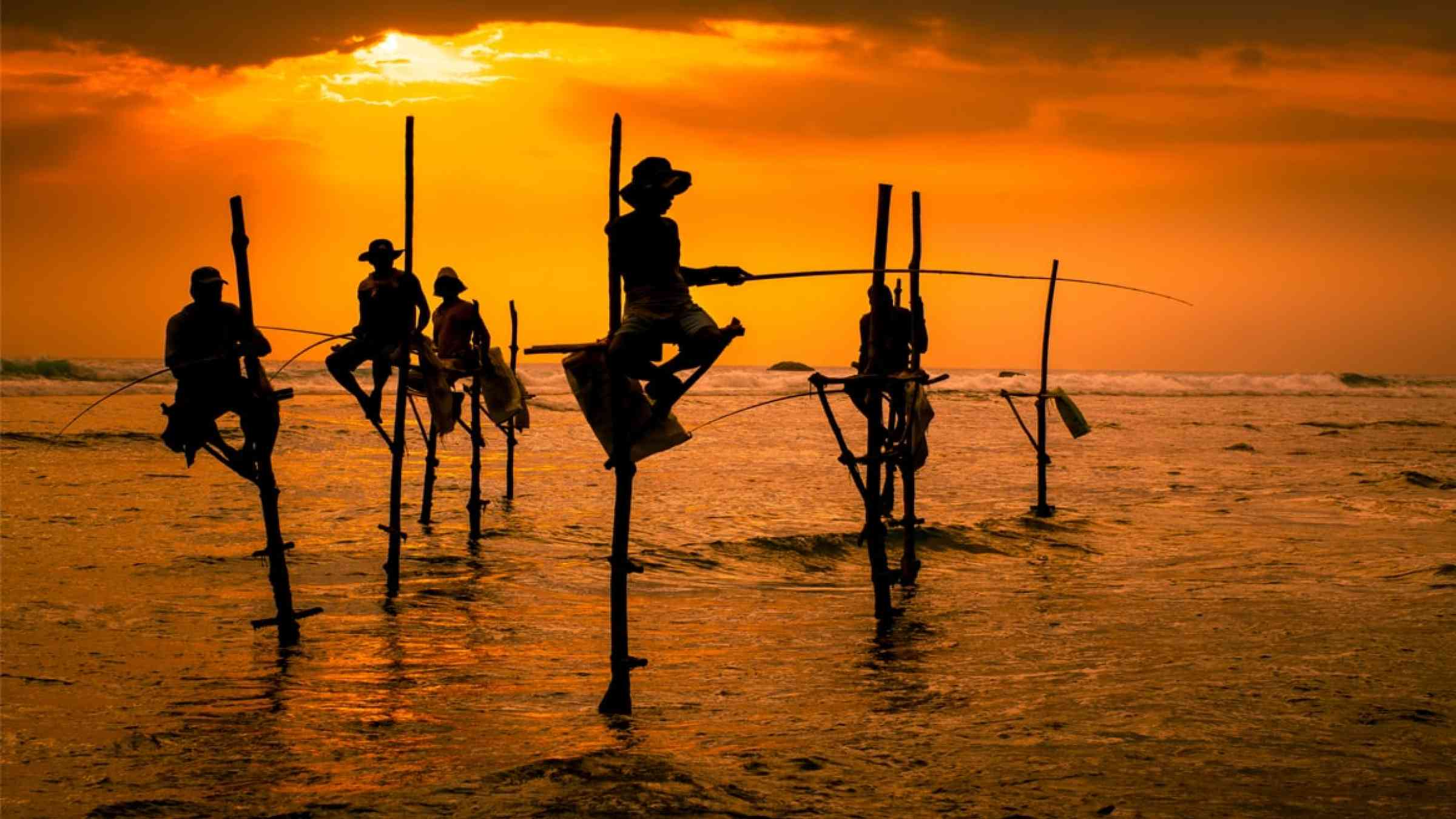The global narrative around knowledge of risk centers around natural sciences, but the lived experience of local communities illustrates the utility and potential of using local, Indigenous, and traditional knowledge (LITK) along with those of social sciences to truly grasp an understanding of risk. Moreover, even when the knowledge of scientific risk assessment is translated to communities, the actions that follow are largely influenced by the lived experiences of those communities. In Asia and the Pacific, there are strong examples of bringing together these historically separate schools of thought to illustrate how incorporating LITK and local communities' lived experiences reduces disaster risk. This session aims to highlight these approaches and provide examples to be tailored to other local contexts and scaled up across the region. More specifically, it looks at areas of participatory research methods and applications of said research that incorporate views from marginalized groups, drawing upon the experiences of women, children, persons with disabilities, and Indigenous communities to include their experiences into disaster risk reduction actions. It also provides a space for the scientific community, governments, and international organizations to hear direct from communities on best practices for inclusive disaster risk reduction planning and implementation.

Agenda
Location
Philippine International Convention Center
